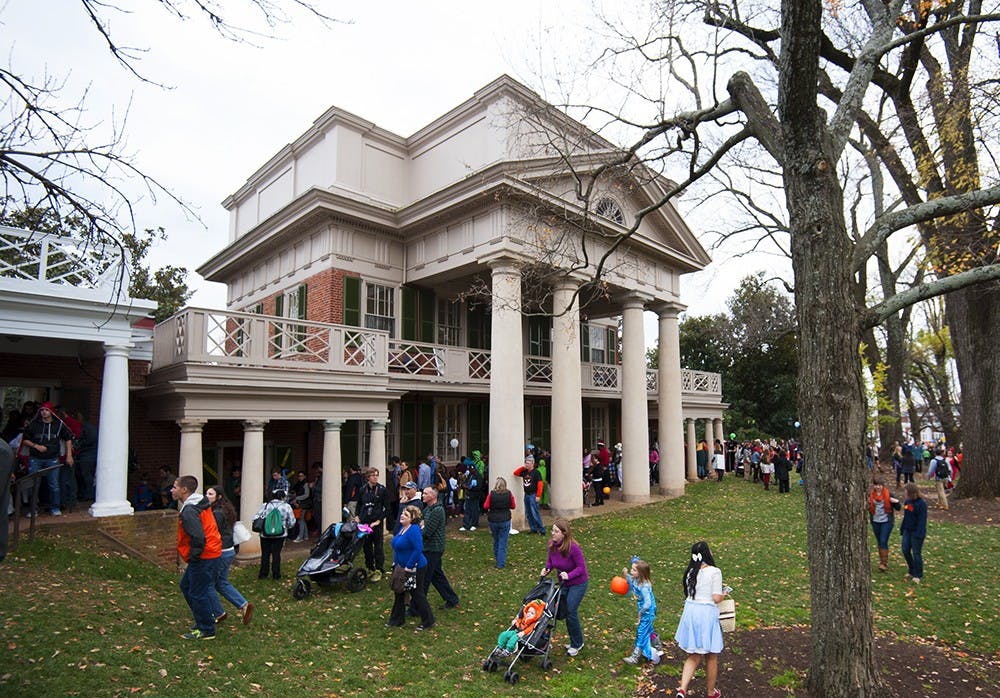The hiring, compensation and retention of faculty at the University is in the midst of several changes.
University yield rates — the percentage of job offers accepted — have improved since 2013, rising from 63.5 percent to 77.3 percent. Tenure and tenure-track retention rates have remained steady around 94 percent since 2012.
Faculty salary is a key factor in the acquisition and retention of faculty. Following the 2008 recession, University faculty saw no salary increases for five years.
However, in recent years the University has sought to make itself more competitive with other upper-tier institutions by implementing a four-year program to raise salaries by an average of 4.75 percent annually. This measure is part of the 2013 Board of Visitors resolution to bring average faculty compensation at the University to a spot in the top 20 among institutions in the Association of American Universities.
The University is closing in on its target at 27th place — a seven place improvement since fiscal year 2013.
Dean of the School of Engineering Craig Benson noted the salary increases were an important step in the right direction, but they might not be enough to make the University as competitive as it needs to be in an international market.
“What we really need to pay attention to is whether we are creating the right environment, the right compensation packages, the right family accommodations — like spouse accommodations for example,” Benson said. “The ability to be successful hinges on the ability to provide the right start-up package, the other part is we mentor our young faculty.”
Start-up packages provide funding to faculty for needs such as laboratories, equipment, research staff and training, and are estimated to total around $25 million for fiscal years 2014-2017. Though they comprise a massive expense, both Benson and Curry School Dean Robert C. Pianta said the significant return on investment these packages provide in terms of hiring and faculty research makes them a success.
As the University strives to improve its compensation and retention, the improvement of faculty diversity remains a core value and a parallel goal.
“The diversity is something you should never be pleased with because you should always be working at it,” Pianta said. “Right now each search we are conducting has a particular focus on trying to diversify the pool of candidates and faculty.”
Faculty search committees completed a workshop on implicit bias as recently as last week, University President Teresa Sullivan said.
To measure faculty satisfaction and sentiment, the University uses periodic surveys conducted by the Faculty Senate and the Collaborative on Academic Careers in Higher Education. These surveys were the driving force behind changes in recent years to salaries, dean appointments and performance review processes.
The Engineering School is not nearly as diverse as it needs to be for the sake of innovation and creativity, Benson said. Both he and Pianta stressed the centrality of diversity to the landscape of their respective school’s leadership and future as well as its importance across all departments on Grounds.







